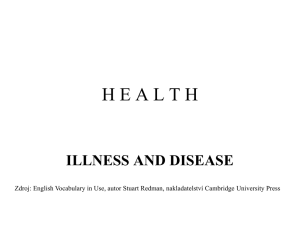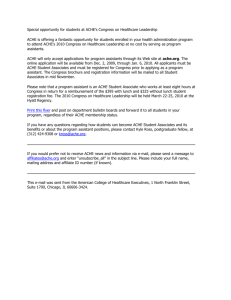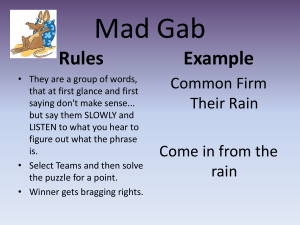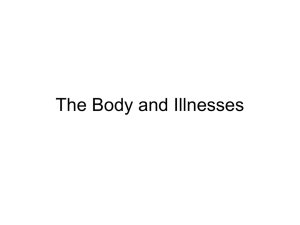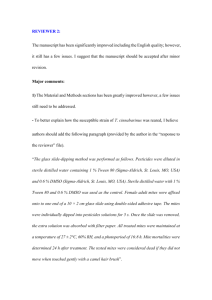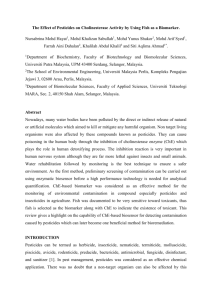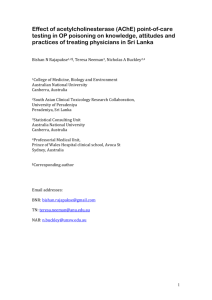ache
advertisement
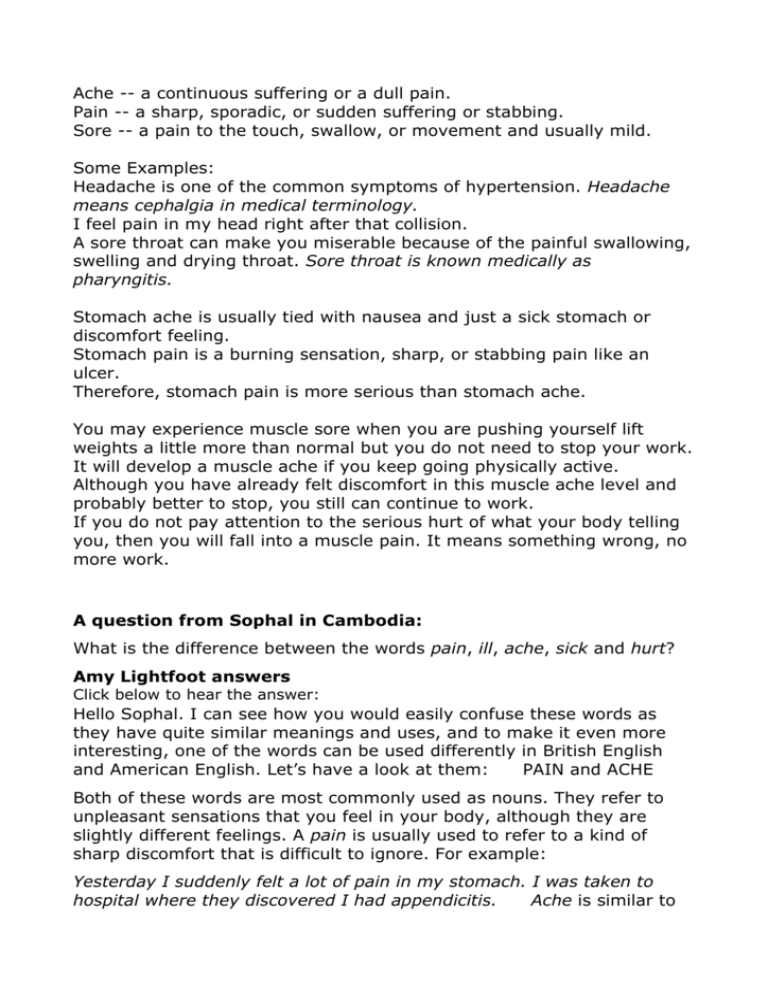
Ache -- a continuous suffering or a dull pain. Pain -- a sharp, sporadic, or sudden suffering or stabbing. Sore -- a pain to the touch, swallow, or movement and usually mild. Some Examples: Headache is one of the common symptoms of hypertension. Headache means cephalgia in medical terminology. I feel pain in my head right after that collision. A sore throat can make you miserable because of the painful swallowing, swelling and drying throat. Sore throat is known medically as pharyngitis. Stomach ache is usually tied with nausea and just a sick stomach or discomfort feeling. Stomach pain is a burning sensation, sharp, or stabbing pain like an ulcer. Therefore, stomach pain is more serious than stomach ache. You may experience muscle sore when you are pushing yourself lift weights a little more than normal but you do not need to stop your work. It will develop a muscle ache if you keep going physically active. Although you have already felt discomfort in this muscle ache level and probably better to stop, you still can continue to work. If you do not pay attention to the serious hurt of what your body telling you, then you will fall into a muscle pain. It means something wrong, no more work. A question from Sophal in Cambodia: What is the difference between the words pain, ill, ache, sick and hurt? Amy Lightfoot answers Click below to hear the answer: • Hello Sophal. I can see how you would easily confuse these words as they have quite similar meanings and uses, and to make it even more interesting, one of the words can be used differently in British English and American English. Let’s have a look at them: PAIN and ACHE Both of these words are most commonly used as nouns. They refer to unpleasant sensations that you feel in your body, although they are slightly different feelings. A pain is usually used to refer to a kind of sharp discomfort that is difficult to ignore. For example: Yesterday I suddenly felt a lot of pain in my stomach. I was taken to hospital where they discovered I had appendicitis. Ache is similar to pain, but it usually is used to refer to a duller kind of discomfort that may continue for longer than a pain might. Common examples are: headache, stomach ache, backache and heartache Note that heartache is used to refer to a kind of emotional pain, for example if you are in love with someone and they are not treating you well you can say: He is causing me a lot of heartache. Less commonly, both pain and ache can be used as verbs. Pain in this form means to cause someone unhappiness. Note that you cannot use pain in the progressive or continuous form in standard UK or US English. It pains me to think of you being so unhappy with your life – meaning it makes me feel unhappy that you are so sad. You can also use ache as a verb. Unlike pain, ache can be used in the progressive form. For example: My back is really aching. I wish my leg would stop hurting, it really aches. Interestingly, you can also use the expression aches and pains to refer to a general feeling of being unwell. Now let’s have a look at sick and ill. SICK and ILL Both of these words are most commonly used as adjectives, as in: I feel sick. Ed had to leave school early because he was ill. In American English, these two words have more or less the same meaning – they refer to a feeling of being unwell, whatever the problem might be. On the other hand, in British English, they have more distinct meanings. Sick most commonly refers to feeling as if you are going to vomit, as in: I think I’m going to be sick. …while ill refers to any other feeling of being unwell. However, there are some phrases which are commonly used where sick has a more general meaning. For example: I’ve been off sick for ten days – meaning I haven’t been to work/school for ten days because I’ve been feeling unwell. Sick can also be used as a noun to refer to vomit. For example: If you have children, you can be sure that you will have to clear up some sick at least once during their childhood. HURT Hurt is a little bit different to the others in that it is commonly used as a verb and an adjective and, less commonly, as a noun. Of the above words, hurt is probably most similar to pain and ache and it can also mean the same as injure or injured. The key difference between hurt and pain and ache is that usually if you are hurt, it means the discomfort you experience is clearly caused by something outside of yourself. However, pain and ache suggest a more internal reason for the unpleasant physical feeling. Here are two examples: Be careful on that ladder, you might hurt yourself if you fall – here it is used as a verb He was badly hurt in the train crash – here it is used as an adjective When it’s used as a noun, hurt usually refers to some emotional pain. For example: When he told her he wanted a divorce she could hear a lot of hurt in his voice. As you can see, the five words we have discussed here are similar in their general meaning but are quite different in their specific use. I hope it' s bit clearer for you now and that my explanations haven’t hurt your head! http://www.bbc.co.uk/worldservice/learningenglish/language/askaboutenglish/2010/03/1 00323_aae_sick_pain_page.shtml differences https://www.youtube.com/watch?v=Lbu36YUJS64 https://www.esllibrary.com/flashcards.php?viewtype=topic&section_id=186&main_section=136
